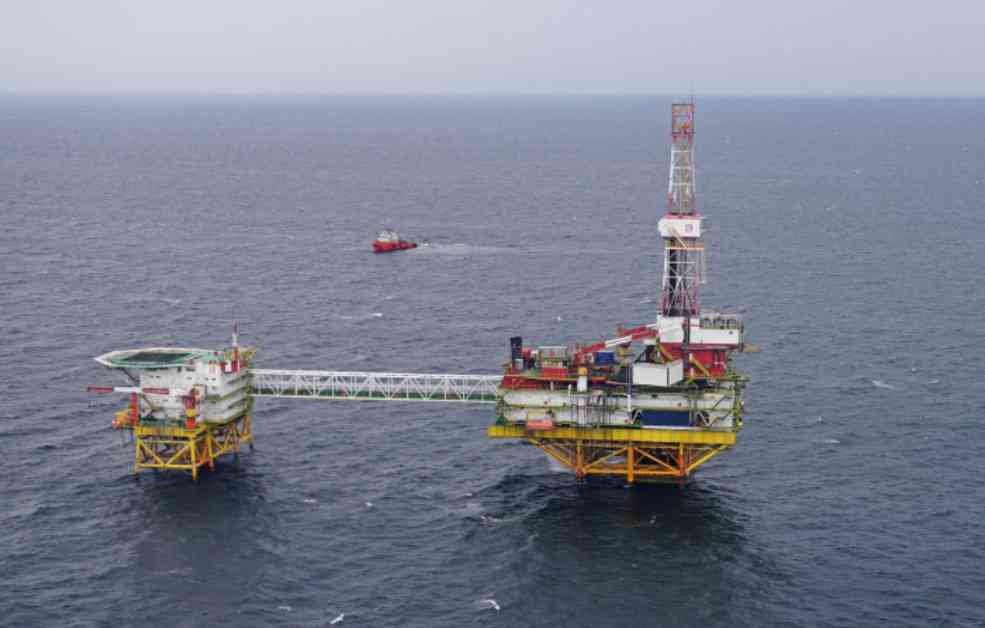Helsinki – Finland’s Coast Guard has been dealing with disruptions to satellite navigation signals in the Baltic Sea since April. In recent weeks, they have noticed tankers using ‘spoofing’ techniques to hide their trips to Russia. The Interior Minister of Finland, Lulu Ranne, believes that Russia is responsible for these disturbances in the Global Navigation Satellite System (GNSS) and Global Positioning System (GPS) signals used for navigation.
The disturbances in the GNSS signals have caused ships to lose their way at sea or deviate from their intended course. This has led to Finnish authorities having to warn ships to prevent them from getting too close to islands or shallow waters. The disruptions have also affected vessels’ automatic identification systems (AIS), which are essential for electronic navigation.
Recently, the Coast Guard observed that AIS devices were being intentionally turned off to spoof the location information of the vessels. This means that incorrect locations were being shown for the ships in online location systems. Commander Pekka Niittyla of the Gulf of Finland Coast Guard stated that this spoofing has occurred around 10 times with different tankers visiting Russian ports near St. Petersburg. It is believed that this is being done to avoid sanctions imposed on Russia.
Western nations have put a cap on the price of Russian seaborne crude oil to reduce Moscow’s income following the invasion of Ukraine in February 2022. Niittyla mentioned that if a country buying Russian oil wants to conceal the origin of the oil, spoofing the location of the vessel could be a tactic used by the seller or the vessel.
The Coast Guard suspects that Russia is disrupting the signals to protect its oil ports in the Gulf of Finland from potential air strikes or drones. They are closely monitoring Russia’s fleet of old tankers, known as the “shadow fleet”, due to concerns about their condition and the risk of an oil spill in the fragile Baltic Sea ecosystem.
The lack of navigation signals and the presence of unidentified oil tankers in the Baltic Sea pose threats to maritime security and the environment. With the approaching dark, stormy, and icy winter conditions, the risks are heightened. The Coast Guard is working diligently to address these challenges and ensure the safety of the Baltic Sea region.




















